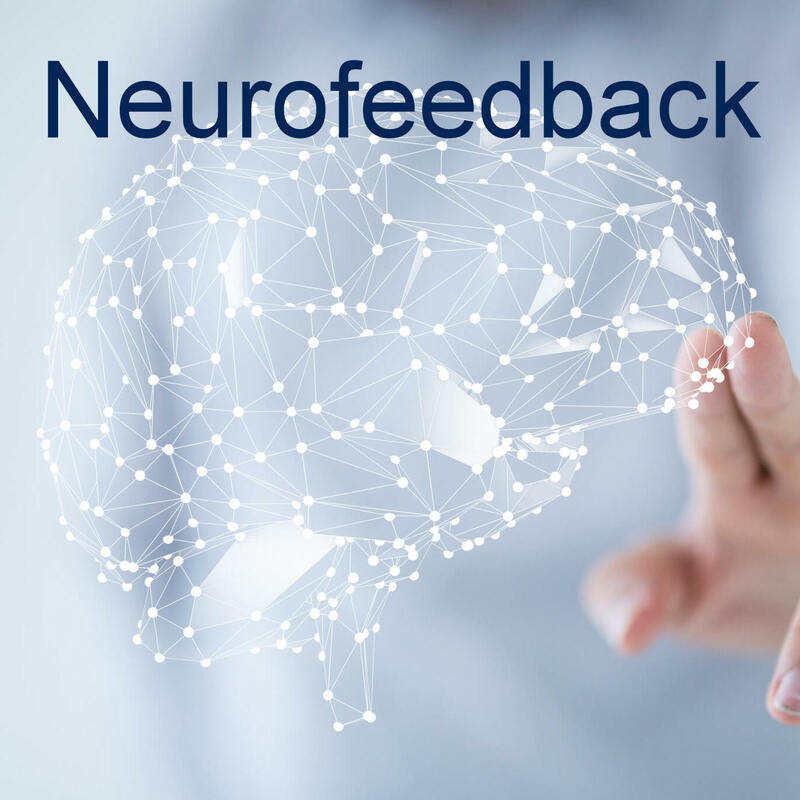|
by Bryan Johnson, LMSW Therapists are individuals who are trained to help others with the many difficulties they can experience in their lives. They are empathic, kind, knowledgeable and authentic. The media does not always view therapists in the same light! An example of this is from the movie “The Santa Clause.” In this movie, there is a character who is a child psychologist, and the film portrays him as being very obnoxious and a know-it-all. This type of portrayal has impacted how individuals view therapists and all mental health workers. While this movie was made in the 90’s, this is still a common theme in today’s media. A movie produced more in the present, “Split” is based on an individual who has 23 different personalities and is seeing a psychologist for therapy. This psychologist became so emotional and invested in this patient that her inappropriate interactions cost her her life. These shows are just two examples of a wide variety of mental health characters that have been portrayed wrongly to the public. No wonder so many people "don't believe" in therapy or wonder how talking to someone can even help. But what is the difference between media portrayals and real life therapy? In contrast to the portrayal of therapy in the media, decades of extensive research have shown strong support to the effectiveness of mental health treatment. The National Alliance of Mental Health in California notes that “without treatment, the consequences of mental illness for the individual and society are staggering. Untreated mental health conditions can result in unnecessary disability, unemployment, substance abuse, homelessness, inappropriate incarceration, and suicide, and poor quality of life. The economic cost of untreated mental illness is more than 100 billion dollars each year in the United States.” 1
Even more interesting is the physical brain changes with the use of therapy. A lot of people don’t realize that talk therapy can actually change how our brain functions and help our brain improve. “With the use of brain imaging techniques researchers have been able to see changes in the brain after a person has undergone psychotherapy. Numerous studies have identified brain changes in people with mental illness (including depression, panic disorder, PTSD and other conditions) as a result of undergoing psychotherapy. In most cases the brain changes resulting from psychotherapy were similar to changes resulting from medication.3
The goal of media needs to change from making fun of mental health workers to educating the public on the positive support and change that mental health workers can provide. https://namica.org/what-is-mental-illness/ https://www.apa.org/news/press/releases/2012/08/psychotherapy-effective https://www.psychiatry.org/patients-families/psychotherapy
0 Comments
Leave a Reply. |
Archives
October 2023
Categories
All
|



















